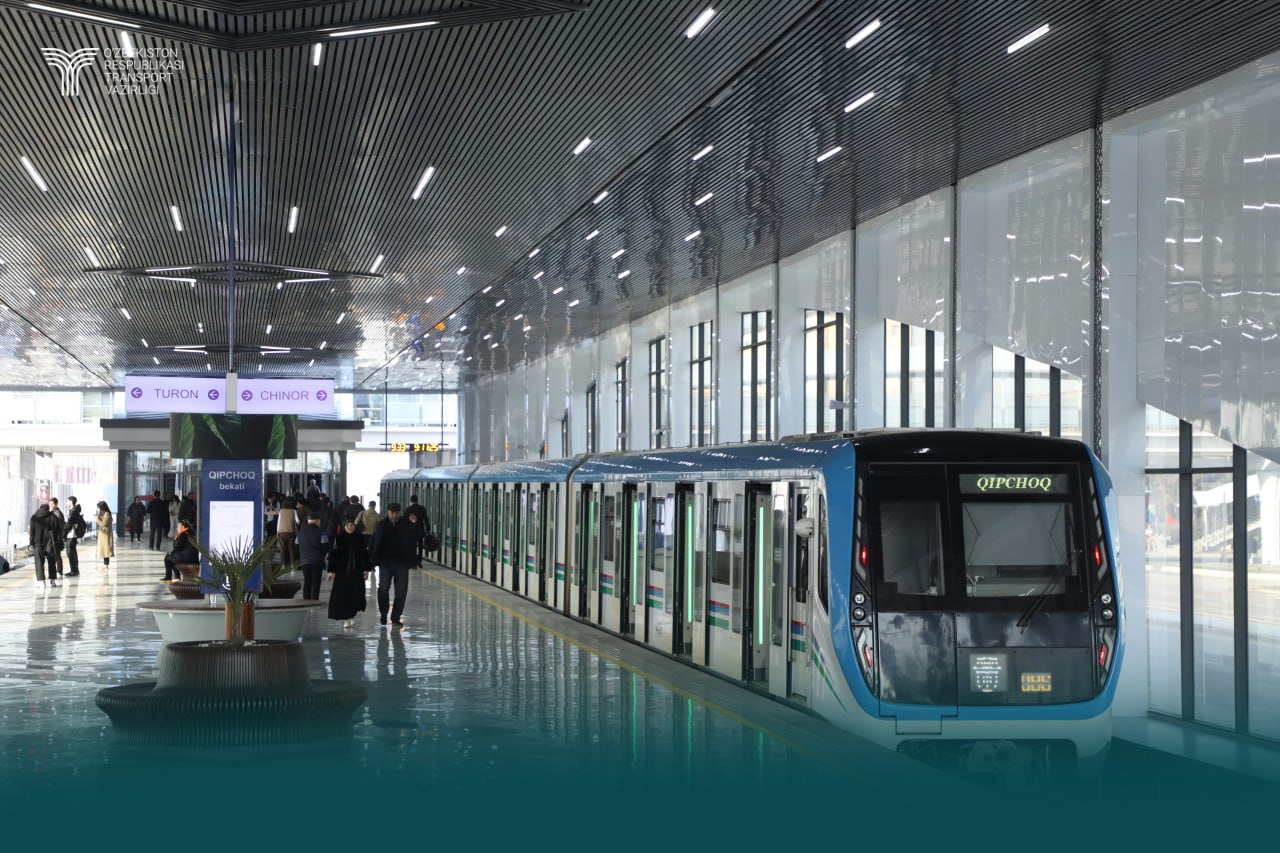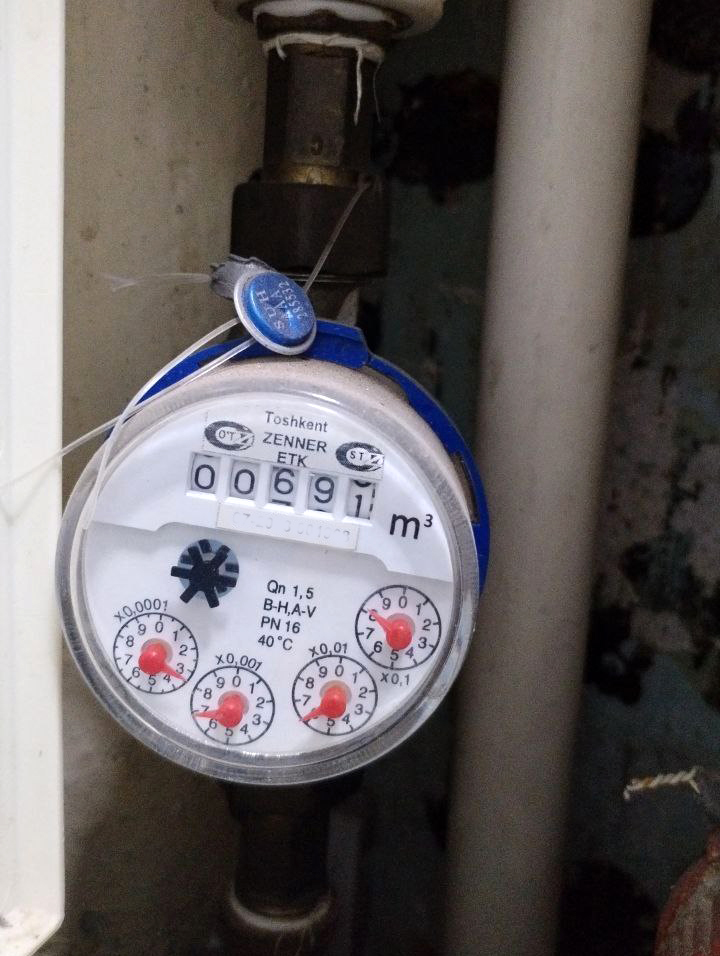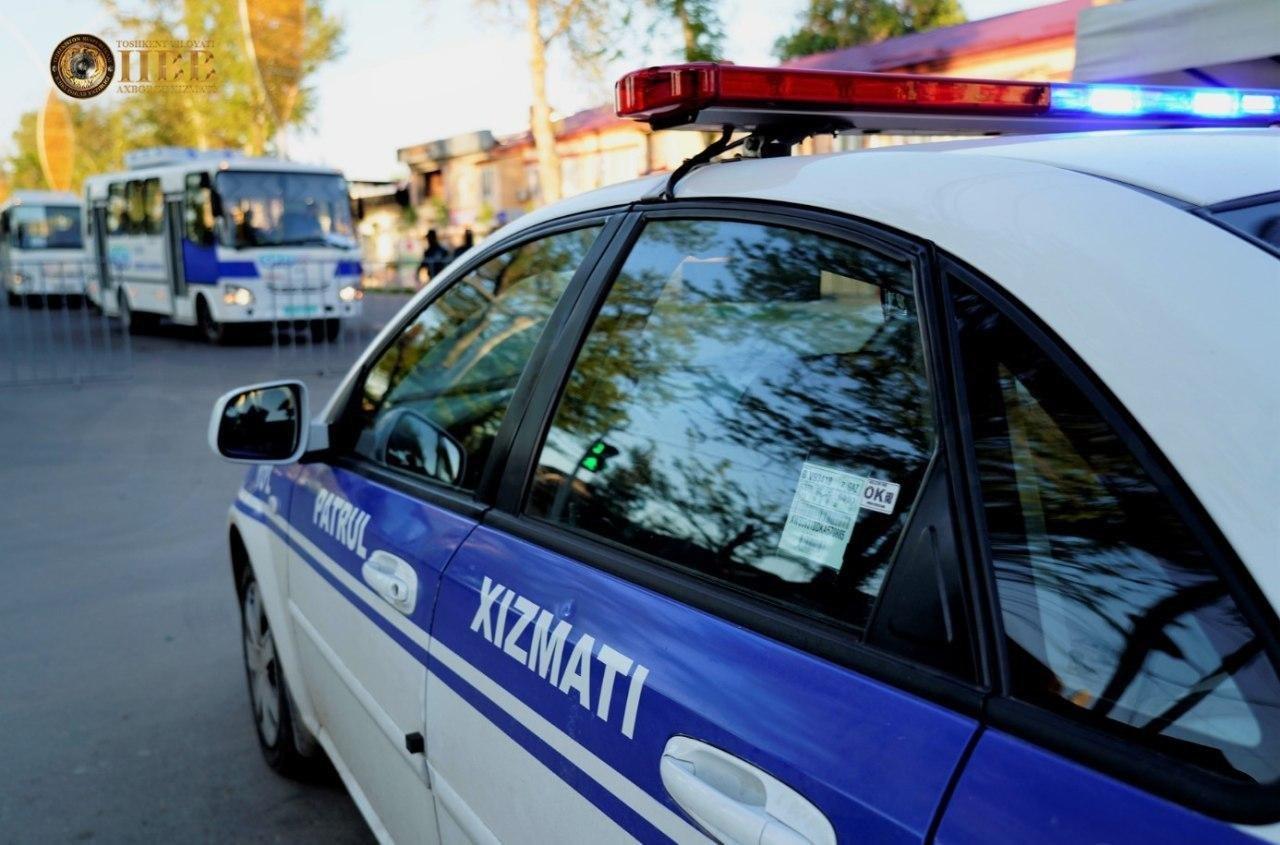This article is also available in:
Русский (Russian)
Uzbek
The Tashkent metro has begun installing walk-through metal detectors, which will appear at all stations. This is due to the increasing number of passengers and the need to strengthen security measures. Every day, thousands of people use the metro, and ensuring their safety is a priority for the metro administration.
The installation of metal detectors will help prevent the entry of cold and firearms, as well as other potentially dangerous items. These devices can quickly detect metal objects, allowing for swift responses to potential threats and preventing incidents.
However, the question arises: are they really necessary, and how effective are they? Metal detectors often fail to distinguish between dangerous items and everyday objects, such as keys or belts with metal buckles. This leads to frequent false alarms and causes inconvenience. The screening process can slow down the flow of passengers, especially during peak hours, which leads to frustration and inconveniences for people rushing to work or school.
Moreover, metal detectors cannot detect all types of threats, especially if malicious actors use non-metallic items or chemical substances. Despite the screening, they do not provide 100% protection.
Therefore, in addition to technical safety measures, the metro administration urges passengers to actively cooperate. It is important for everyone to be aware of their surroundings, report suspicious items, and assist metro staff in their work.
In conclusion, metal detectors are just one tool for ensuring safety. They can help, but they do not solve all problems on their own, and their effectiveness depends on proper use in combination with other measures.
The text has been translated by AI. For more accurate information, please refer to the Russian version of the article











